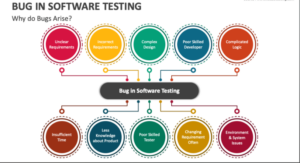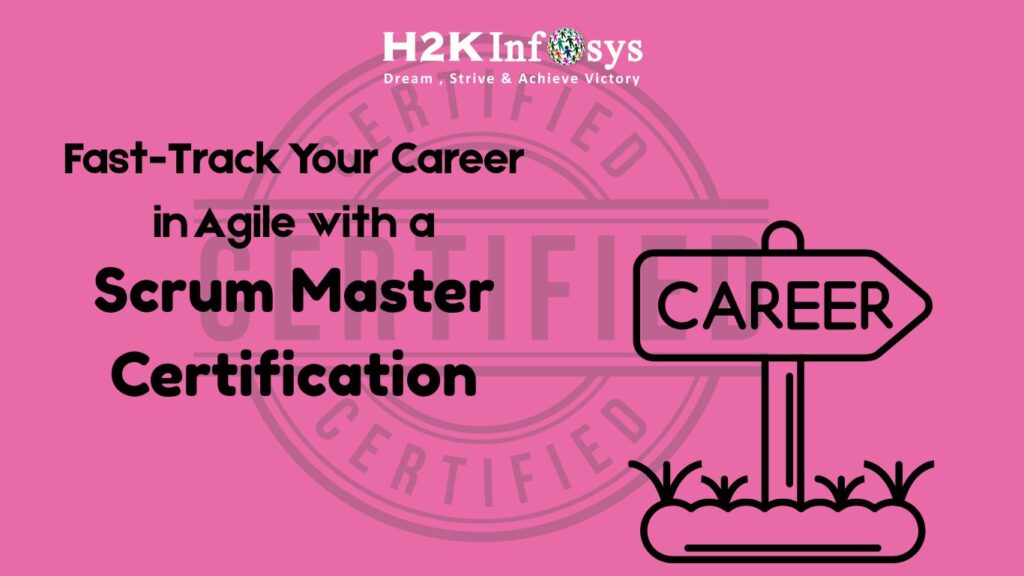A reality, a somewhat hard truth, is that errors occur and it’s practically difficult to dodge bugs. Software developers, even with all the precautions, commit errors. We can misjudge requirements, miss semicolons, neglect edge case scenarios, or simply overlook certain business prerequisites.
Along these lines, it is safe to state that the significance of software testing is imperative. Avoiding this cycle is certainly not a smart thought and it may influence the product, just as much as the business. To comprehend the significance of testing, how about we look at a portion of the key points that clarify why your software ought to go through it:
- Testing your software on time can help with unnecessary expenses in the long run.
- Clients are continually seeking well-trusted products upon which they can rely. It helps in eliminating issues and risks in advance.
- The software ought to be tried to bring the most ideal user experience.
- It is essential to follow the software requirements since it encourages you to get the necessary final output.
Career Path Concerning Software Testing
A career in software testing can surely be wide and scalable. Be that as it may, these career choices come with an intimidating task to select the best-fitting career path for you. Thus, concerning software testing, we weighed on criteria such as software testing methods, software testing tools, and required skills to help you make an informed decision.
Software Testing Methods
One of the most important elements to consider while selecting your career in software testing is software testing methods. Different methods require different skills and tools, which we will cover as we go ahead.
Well, understanding the basics of software testing methods and getting the hang of these procedures is significant. The nuts and bolts of software testing can be learned through software testing courses like ISTQB (International Software Testing Qualifications Board) or CSTE (Certified Software Tester). Furthermore, these courses help the job-seekers to understand and select which technique should be applied to which project.
For instance, while White Box Testing is suitable for testing internal aspects of the software, the external risk factors are avoided and tested using Black Box Testing.

Software Testing Tools
Tools play a highly important role in STLC (Software Testing Life Cycle). Be it Automation Testing or Manual Testing, a software tester is often dependent on the software testing tools to help in making the testing processes easier.
Since innovation is changing quickly yet the basics of these fluctuated features and their highlights continue as before, a software tester ought to have the option to utilize different tools across different aspects. Testers must know how to code to implement these tools. In this manner, it gets critical to figure out how to utilize diverse software testing tools for different purposes like Test Automation, Test Management, Security Testing, Defect Tracking, Performance Testing, and so on.
With that said, we suggest working practically with these tools, having an in-depth understanding of the same, and analyzing which tools work the best with your testing style.
Software Testing Skills
While this section is not directly associated with the process of selecting your career, it applies to all the career paths you may choose from, with respect to software testing. Thus, here are some essential skills you might want to excel at in order to become a software tester:
- Non-Technical Skills: Excelling only technical skills is not enough to become a good software tester. If you are to become an asset to the organization you work in, you must have analytical skills, communication skills, documentation-based skills, time management skills, and a critical mindset.
- Technical Skills: Well, these ones are pretty obvious. All software testers must have basic knowledge of SQL, Linux Commands, programming languages like Python, hands-on experience of automation tools, and Database management.
Although these skills, criteria, and expertise together work as a whole package to help you pave your career path in software testing, we highly suggest keeping the practice and exploration going on.






























